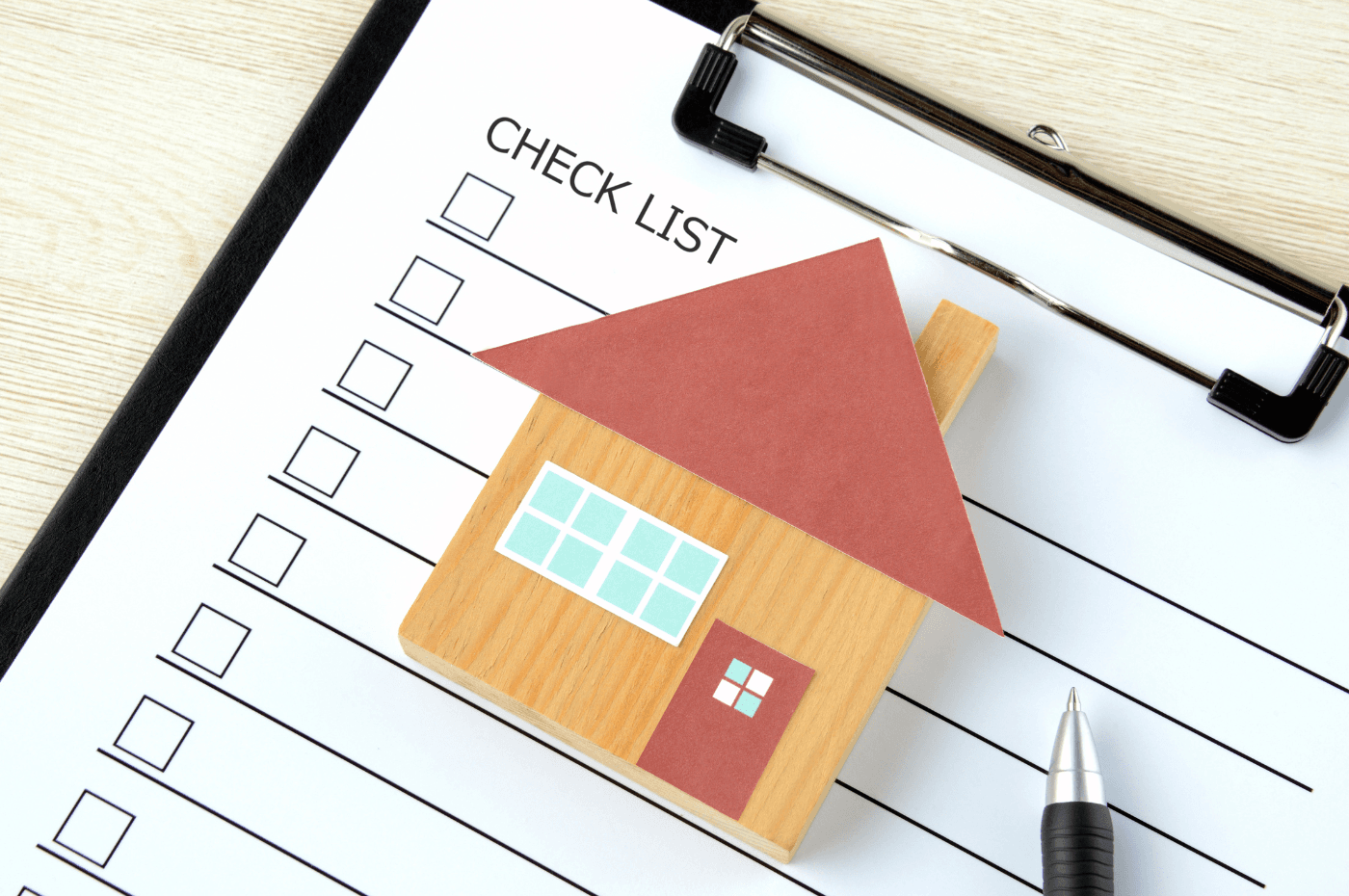Before diving into buying your dream home, it's important to rein in your excitement and make sure everything matches your expectations. One crucial step is to meticulously examine the property to prevent any possible regrets later.
To ensure this, we highly advise bringing in a home inspector. With their expertise, they can readily identify any issues the property might have.
Following their assessment, the inspector will give you a comprehensive report outlining their discoveries, including any required repairs or replacements. This can serve as compelling leverage for renegotiating the terms or purchase price of the house if necessary.
To facilitate your home-buying process, here are 10 essential checkpoints to consider before making a purchase.
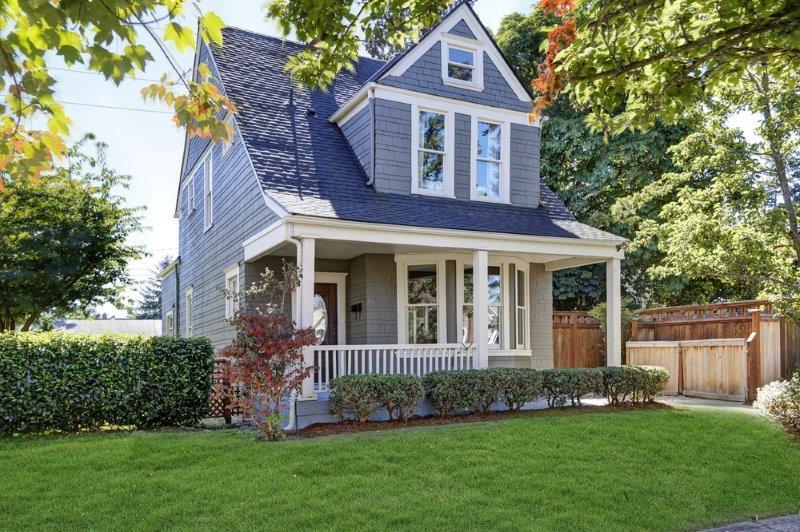
1. The roof
Since you're looking for a roof to shelter your family, it's imperative that it's in good condition. The roof is one of the most important elements to check before going ahead with a purchase, which is why it's important to focus on this aspect. The average lifespan of a roof is around twenty years, so don't hesitate to ask questions about the year the house was built, and whether the roof has been renovated since then.
Special attention will be paid to the roof shingles. Do you notice any missing or damaged shingles? This says a lot about the overall condition of the roof. Wavy or raised shingles most often indicate poor ventilation in the attic.
Inspecting flashings is also essential. Aging flashings increase the risk of water seepage beneath the shingles, potentially leading to roof sheathing deterioration over time.
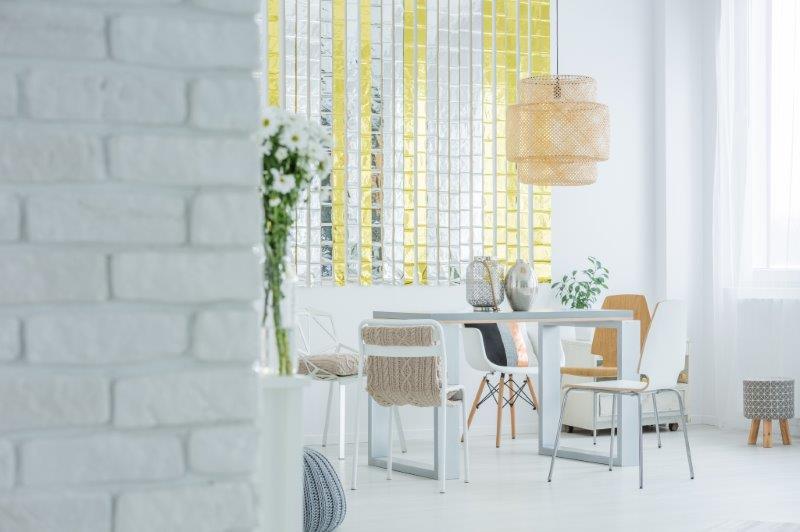
2. Structure and foundation
Hidden defects, particularly concerning the structure and foundations of a home, pose a significant inspection challenge due to their typically inaccessible nature. Only a skilled professional can reliably identify suspicious elements, such as cracks that may range from superficial to potentially compromising the house's durability.
Relying on their expertise, home inspectors are adept at pinpointing areas needing attention. This ensures your peace of mind and helps prevent any hidden defects that might emerge after purchasing your home.
3. Electrical panel
The electrical panel of a house might often be overlooked, yet it could pose significant issues if outdated. Typically, the capacity of an old house's electrical panel ranges from 60 to 100 amps if it hasn't been brought up to Régie du Bâtiment du Québec (RBQ) standards.
In such instances, upgrading to a 200-ampere panel becomes imperative to accommodate the demands of modern appliances and electrical equipment. Moreover, it's crucial to ensure the electrical panel is well structured and organized, as a haphazard configuration could present hazards over time.
Hence, don't overlook the importance of inspecting the electrical panel during your evaluation process.
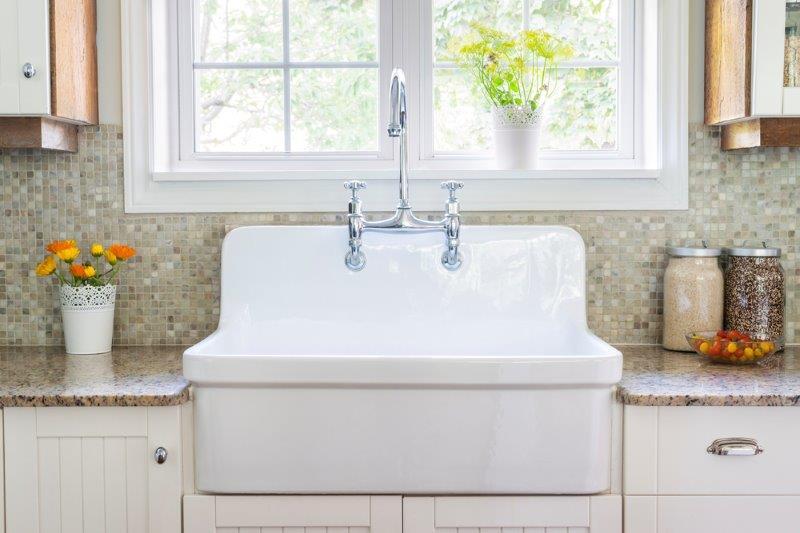
4. Plumbing
It's advisable to ensure that the plumbing in your home is either copper or PVC. Purchasing a house with lead piping should be avoided due to the substantial costs involved in replacing it. Historically, lead has been a common material for pipes, particularly water pipes.
Interestingly, the term "plumbing" indeed originated from this material. However, the toxicity of lead has become increasingly evident in recent years. Exposure to lead can lead to lead poisoning, a condition associated with various health issues such as anemia, digestive disorders, nervous disorders, mental impairment, infertility, and certain cancers.
Given these health risks, it's prudent to prioritize homes with copper or PVC plumbing to safeguard your well-being.
5. Thermal insulation and soundproofing
Thermal insulation is an aspect you can assess yourself, such as by examining the house's energy bills. Additionally, inspect windows and doors, and inquire if they've been replaced, as these are often key contributors to heat loss.
Are the windows double-glazed? Double glazing not only retains heat but also minimizes external noise.
Regarding sound insulation, take note of the noise from outside and inside. Consider the insulation between rooms, whether it involves soundproofing walls or floors. This evaluation helps ensure a comfortable and peaceful living environment.
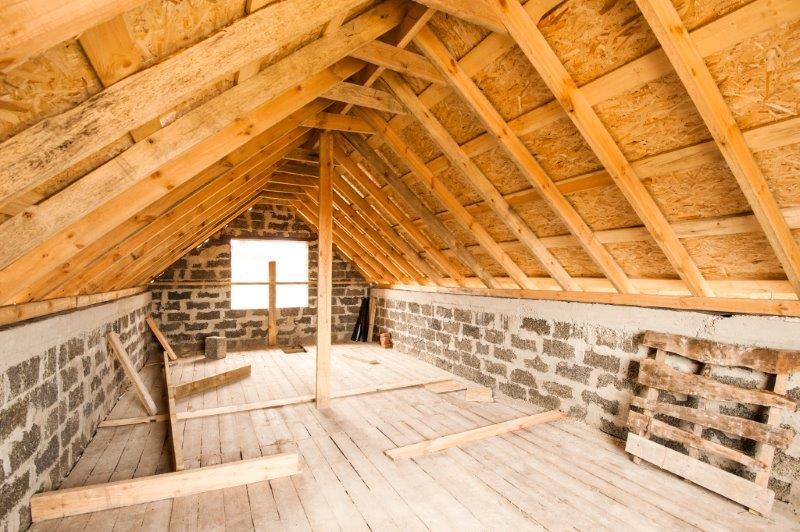
6. Attic space
During attic inspection, scrutinize the wood for indications of moisture or termite infestation. Hollow-sounding wood often signal damage, potentially due to inadequate ventilation or aeration. Additionally, assess the integrity of the framework and its connection to the house's structure. This examination ensures the attic's soundness and contributes to the overall stability of the home.
7. Humidity
Humidity issues can pose significant challenges, particularly for individuals with asthma or respiratory ailments. In Quebec, climatic conditions often contribute to dampness in many homes. The indoor air quality plays a pivotal role in determining the humidity risk.
If you observe mould on window frames or fungi in the basement, it's a clear indication of dampness within the property.
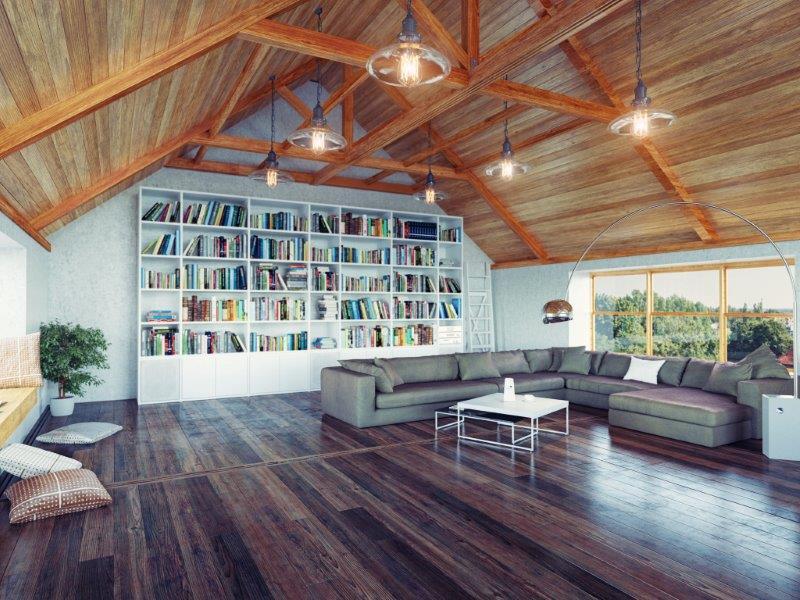
8. Condition of floors
Reflooring a home represents a significant cost. That is why assessing the flooring of a home is crucial. Generally, you can visually inspect the condition of the floor for stains, scratches, or cracks in the boards. If it's old, you'll notice it. If it's been recently renovated, you'll notice it too.
However, unforeseen issues like moisture problems stemming from flooding can lurk beneath the surface. Thus, it's wise to work alongside a professional who can swiftly evaluate these elements.
Don't hesitate to thoroughly examine all rooms for any creaking, especially on wooden floors. Additionally, test the stairs for any potential annoying noises, as they are often prone to such issues. This comprehensive assessment ensures you're aware of any flooring-related concerns before making a purchase.
9. The land
For your home-buying endeavour to be successful, it's imperative that the interior match the exterior in terms of compliance and condition. Should you observe a negative slope leading directly towards the house, it could indicate susceptibility to flooding. Inquire with the owner about any past encounters with such issues and consider inspecting the basement to gauge its condition.
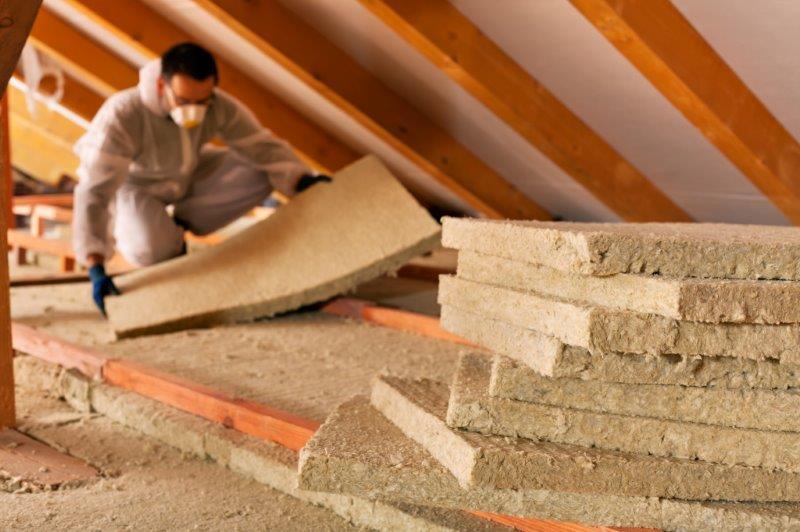
10. Possible contamination of the house
Finally, it's crucial to check for contamination issues before purchasing a house. A home inspector can help identify the presence of various contaminants, including:
-
Iron ochre: Formed by the reaction of oxygen, water, and iron in the soil, often exacerbated by bacterial activity.
-
Radon: A radioactive gas that can accumulate in homes and poses a long-term risk of lung cancer if exposure occurs over time.
-
Pyrite: This mineral can cause concrete and stone to swell, potentially compromising the structural integrity of the building.
-
Poly-B: A type of plastic plumbing pipe that contains chlorine, leading to premature deterioration and potential leaks.
-
Vermiculite: An insulation material that may contain amphibole asbestos fibres, posing a health risk if disturbed or damaged.
Identifying and addressing these contamination issues is essential for ensuring the safety and structural integrity of the home, as well as protecting the health of its occupants.
Are you looking for a building inspector?
XpertSource.com can help you in your efforts to find a building inspector. By telling us about your project, we will refer you to top-rated experts, free of charge! Simply fill out the form (it only takes 2 minutes) and you will be put in contact with the right experts.
